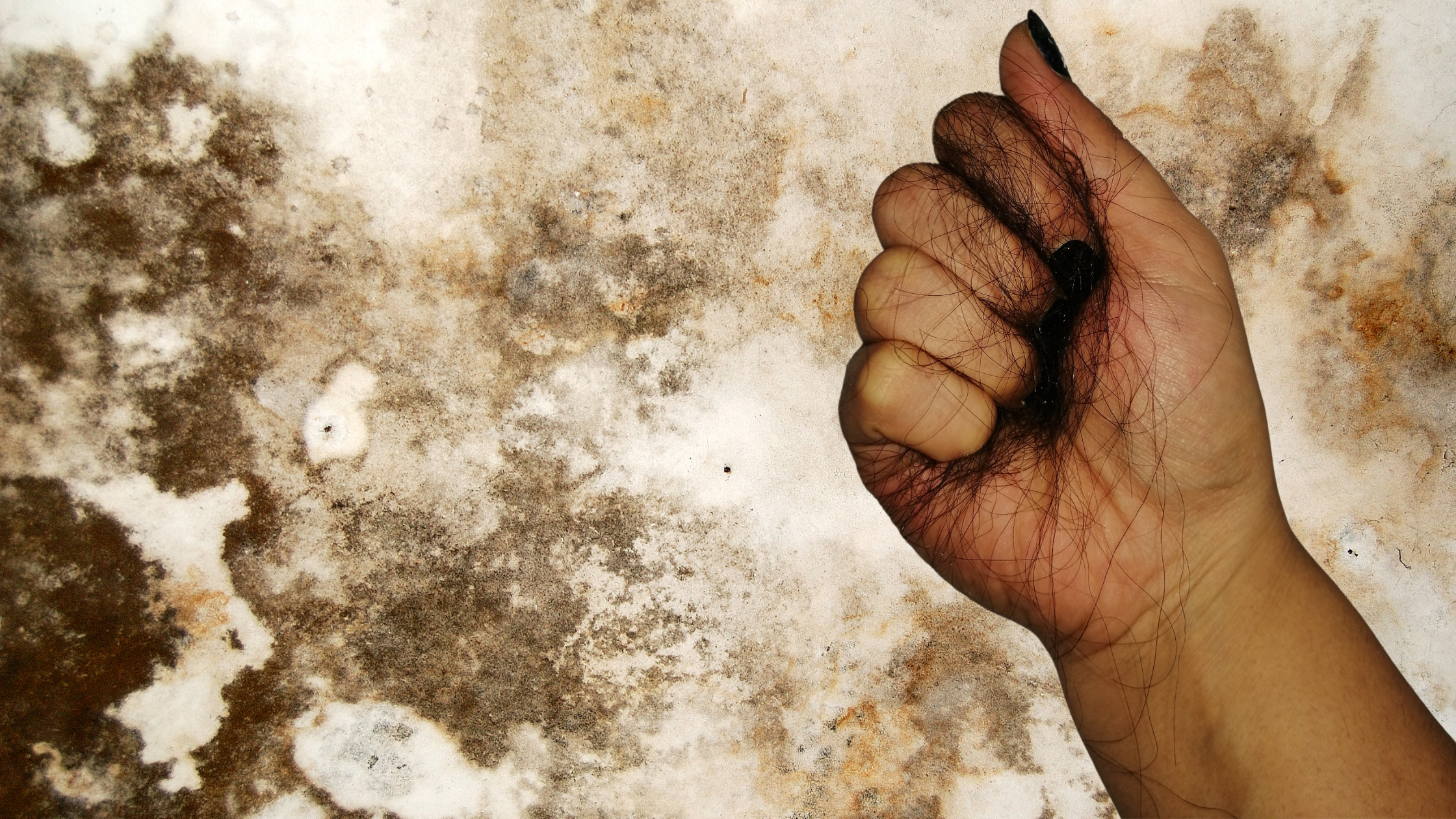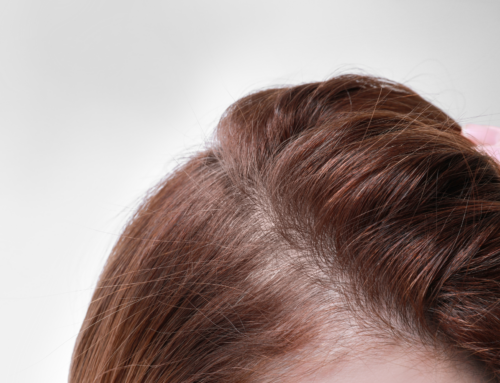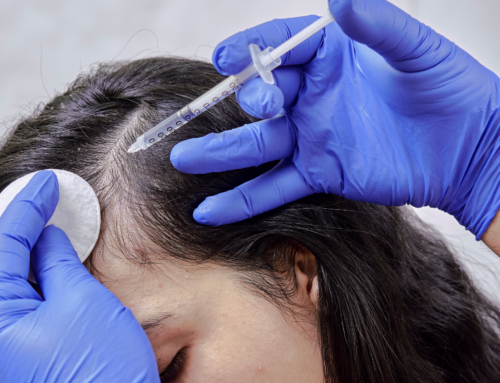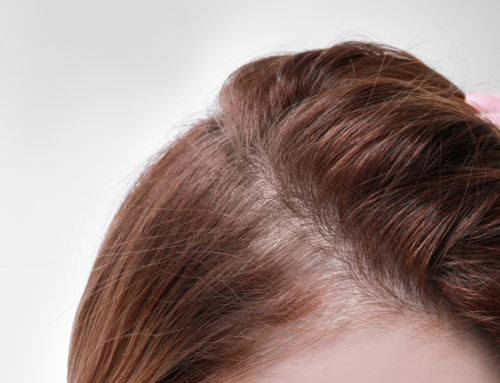Mold may lead to hair loss. Not only that, it can make you stressed, crazy, and lazy. Have you considered that it might be related to hair loss?
If you or someone close to you is struggling with hair loss or the challenging side effects of mold, While the connection isn’t always obvious, there are millions of people dealing with hair loss who have no idea that it might be connected to mold.
In my practice in Sarasota, Florida, I see people going through the same story – hidden mold in their homes and work environments, and they have no idea that it is at the root of their hair loss.
And those numbers may be rising. Since Florida and many other humid states have long periods of relative humidity over 60%, mold can germinate, leading to mold “bloom.”
Research shows that 60% of hair loss is connected to inflammatory conditions, and mold is just one of the potential allergens from mold that may lead to hair loss.
Toxic Mold Exposure: Allergans
When you come into contact with an allergen such as mold, it triggers the production of a chemical called “histamine” in your body. Histamine causes itching; This is why antihistamine medications are often used when someone experiences an allergic reaction. They counteract the histamine and relieve symptoms.
However, histamines also cause inflammation, restricting blood flow to the hair follicles. The lack of adequate blood flow can damage the hair follicles and cause hair to fall out.
You won’t lose hair after a single brief exposure to mold, but long-term exposure may cause increasing baldness.
An allergic reaction to mold can cause loss of hair all over your body, not just on your head. Loss of head hair is simply more noticeable than loss of body hair in many instances.
Here’s what we know about mold-based hair loss:
✅ Both men and women are affected by this type of hair loss
✅ We’ve seen a 45% increase in patients claiming that their situation has increased post Hurricane Ian.
✅ We’re seeing more issues directly linked to toxins in the environment, and it is affecting their hair.
To treat these patients, we need to identify the symptoms, which often include: headaches, dry eyes, and even symptoms that present as hay fever. As more mold spores enter the body and cause systemic inflammation, eyes can become inflamed and dry, itchy, and even blurry vision. This can lead to respiratory issues, sneezing, nasal drainage, and skin issues.
The most common strain of molds that can lead to hair loss is ‘black molds’ due to their odd coloration. These molds, including Stachybotrys chartarum and Aspergillus, are extremely toxic and can cause uncontrollable hair shedding.
I’m seeing more and more hair loss due to internal inflammation. The rise in patients with mold and toxicity is also growing.
I’ve witnessed patients go through this same story – going to countless medical doctors looking for answers to their hair loss, and after years of searching, finding their inflammatory condition is linked to allergens, including mold and immune deficiencies.
If you think mold may be present, it’s important to be tested by a trusted professional and to work on a plan to resolve the problem. As with everything, there is no overnight solution to hair loss, but understanding the underlying cause is critical to solving the problem.
If you’re suffering from mold hair loss, book a telehealth consultation with trichologist Misti Barnes. Ready to embark on a journey to healthier hair? Call us at 941-909-7701 to schedule your hair loss treatment with Cellustrious®. Let’s work together to bring out the best in your hair.






Leave A Comment